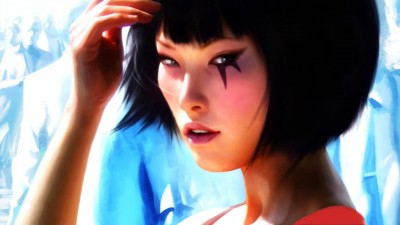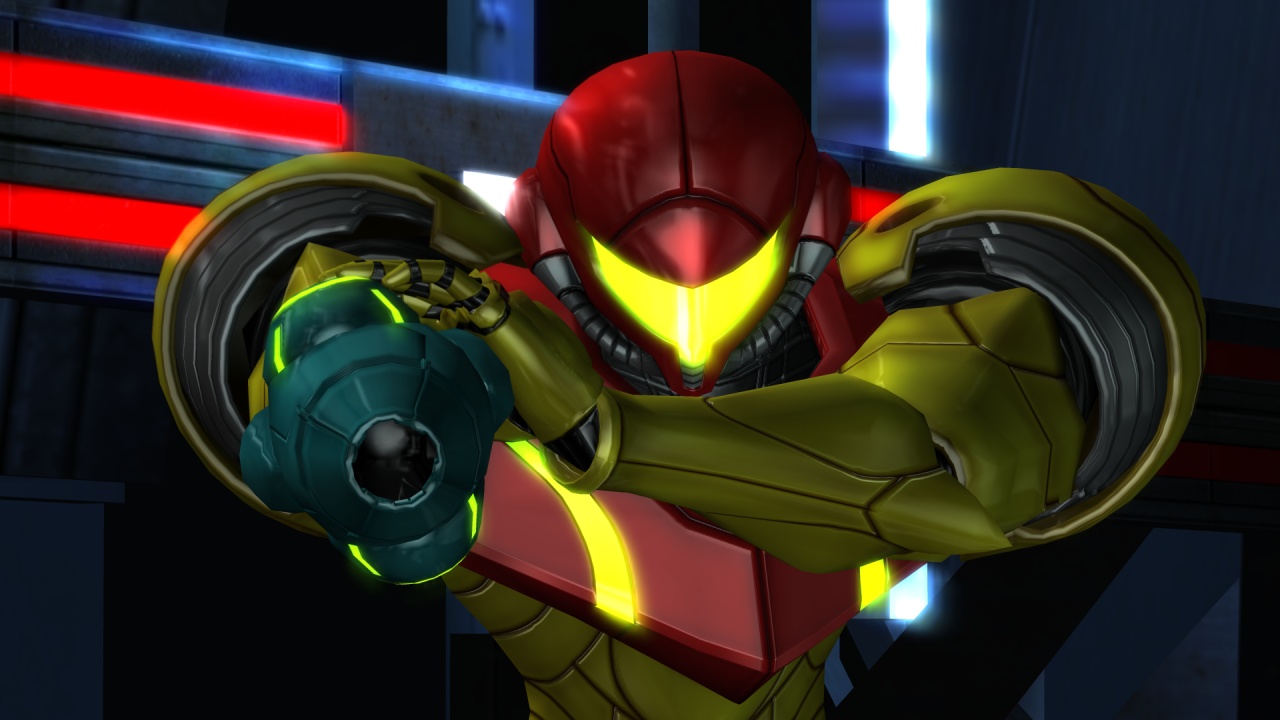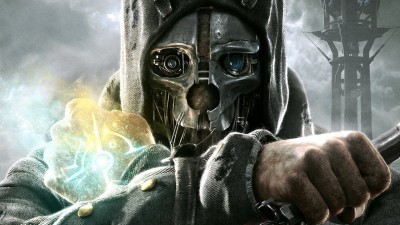Congratulations are in order for all you older ‘gamer girls’ out there; it appears you’ve reached the top.
The Entertainment Software Association publish the results of a survey conducted on the American public every year and this years results reveal that women aged 18 or older make up around 36% of the gaming community, closely followed by men over 18 who make up another 35%. Boys aged 18 and under - often stereotyped as the generic gamer - make up 17%, leaving young girls at 12%.
Of course, the main thing that can be drawn from this is that stereotypes should be breaking fast within the industry. The population of female gamers has grown considerably in the last year alone and according to the study, the average adult female has been playing for thirteen years. So why is it that so many women who play games still feel like the minority?
We’ve provided a lot of coverage over the past month regarding ‘GamerGate’. August was a month rife with controversy, from the Zoe Quinn dispute, to the death threats Anita Sarkeesian received following her video about Women as Background Decoration, to Andreas Zecher’s open letter to the gaming community, which called for acceptance and tolerance of others regardless of who they are.
Sexism in gaming is a touchy subject to say the least and nearly everyone in the community has something to say on the issue. Some people believe that it isn’t a problem, others say that the issue is one that’s archaic and needs to be resolved. Some people say games are fine as they are, others say that female representation is lackluster and should be worked on to provide fair and reasonable coverage for all genders.
 To deny that misrepresentation of women is a problem within games is to be naïve. Picking up and playing the majority of titles, the representation of women just simply doesn’t match up to that of men. A lot of games do have customization options now, meaning I can choose to play as a woman - or in some cases a lizard - if it takes my fancy; but for those games that have only one protagonist that’s predetermined for you, I struggled to come up with more than ten who are women. Lara Croft, Samus Aran; Faith Connors; Clementine: all of them are fantastic portrayals, and prove that games with a female acting in the lead role can be as successful as others in the current market.
To deny that misrepresentation of women is a problem within games is to be naïve. Picking up and playing the majority of titles, the representation of women just simply doesn’t match up to that of men. A lot of games do have customization options now, meaning I can choose to play as a woman - or in some cases a lizard - if it takes my fancy; but for those games that have only one protagonist that’s predetermined for you, I struggled to come up with more than ten who are women. Lara Croft, Samus Aran; Faith Connors; Clementine: all of them are fantastic portrayals, and prove that games with a female acting in the lead role can be as successful as others in the current market.
Now don’t get me wrong, I’m not calling for the death of male video game culture, with every single game boasting a woman in the lead role who can kick ass and kill whomever she wishes too: that would get mighty boring fast. But for me, I’d like to see a few more developers taking that chance and pushing games with female protagonists into the market.
Not only that, but the gaming community itself has been recognized as a sexist one, especially by the media and people who experience video games not through playing them, but through knowing others who play. As a female, it’s very rare that I can log into a multiplayer game and have a conversation with others where my gender isn’t brought up at some point during the game. The amount of times I’ve joined a chat party to a chorus of “Oh, we have a girl on our team, looks like we’ll have to cover her” or “Why are you here? Go back to the kitchen and make me a sandwich” more than outweighs that of just regularly conversing to the point where I just feel playing multiplayer isn’t worth the grief I get.
Now, let’s be honest here. Those remarks are meant to be somewhat offensive, even if said as a joke; however, in the current game environment, we’ve all been conditioned so that these terms don’t sting anymore. I’m no longer bothered if someone says these things to me, because I’ve heard it all before. But is that really okay? No. The fact that of the matter is that as a girl who plays videogames, I deserve to be treated with the same respect as anyone else.
Of course, the issue here doesn’t only lie with females. Guys get grief as well. If they mess up once, they’re attacked with an ensemble of “gay” and “fag.” This is another case where we’ve been conditioned to the point that we no longer use these words in their correct context and if people simply listened to what they were actually saying, they’d probably realize that using these words in a derogatory manner can hurt. This problem is something the general media has locked onto. As a community, we’re represented by a minority, which just so happens to be these people with the toxic personalities who cheapen and disgrace those of us who play games simply for the fun of it.
So what can we do to make things better? Well, a start would be to set an example to others. Treat others the same way you want them to treat you. I know, that sounds like phrase that comes directly out of the Bible and that’s because it is,  actually (Luke 6:31, look it up); but it’s the truth. In order for the gaming industry to gain the respect we so deserve, we need to drown out the cries of those who wish to lessen us by becoming a community which parents wouldn’t mind their kids being a part of, a community which someone wouldn’t be ashamed to associate with, a community which can be regarded with respect, the respect that other forms of media have demanded before us.
actually (Luke 6:31, look it up); but it’s the truth. In order for the gaming industry to gain the respect we so deserve, we need to drown out the cries of those who wish to lessen us by becoming a community which parents wouldn’t mind their kids being a part of, a community which someone wouldn’t be ashamed to associate with, a community which can be regarded with respect, the respect that other forms of media have demanded before us.
Daniel wrote an article recently about why he doesn’t consider himself to be a gamer. In it, he said “Identity – as a starting point – is a place where we feel connected to others due to shared life experience.” If you’re still reading this article - and bless you for doing so - I can only assume that you consider yourself to be a ‘gamer’. Whether you agree with my points, or whether you just consider me another social justice warrior calling for change that probably won’t happen, I ask that you come away with one thing from reading this.
Be the person in the community that you want others to be. Help the identity to be one we can all be proud to say we’re a part of. Help our connection through our shared love of games grow and become even stronger. If you’re a developer, take that chance and push for a more diverse group of races, sexualities and genders in order to help games mature and grow to break stereotypes that have existed in games since their beginning.
Set that example to the outside world and let’s prove to the general media that we’re not the toxic society that they consider us to be.



